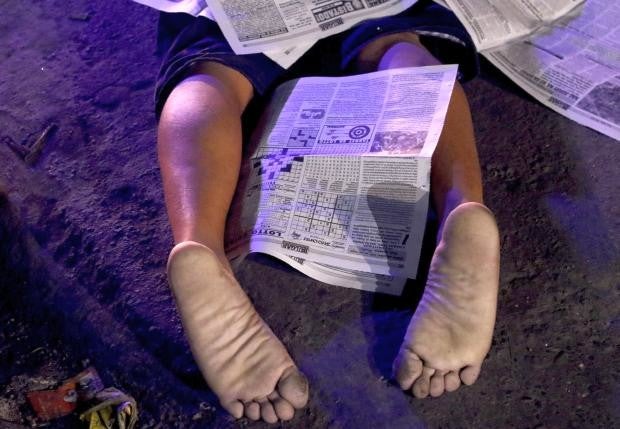
The families of drug war victims still hope they can get justice from the country’s judicial system, but like the International Criminal Court (ICC), they do not see the willingness to prosecute the masterminds.
Lawyer Kristina Conti, who brought the first complaints to the ICC in 2017, said the families she represents were encouraged by the progress of moves in the House of Representatives to cooperate with the ICC in its investigation of former President Rodrigo Duterte’s war on illegal drugs.
“[The families of the victims of the drug war] are very excited [about these new talks] and any positive development is very exciting to them,” Conti told the Inquirer on Thursday.
“In fact, the mothers are very hopeful in the courts,” Conti clarified. “But they are daunted by the usual and systemic issues of the legal system: its sluggishness, issues of access to justice, language barriers.”
FEATURED STORIES
She noted that both the Department of Justice (DOJ) and the Philippine National Police have not even contacted the victims’ families about the cases of their slain loved ones.
The lack of follow-through only emphasized that the country’s courts “were not the problem, it’s the unwillingness, incompetence and conscious coverup that has made it exceedingly difficult,” she said.
While the PNP admitted that there were more than 6,000 killings that occurred in drug operations during the Duterte administration, the DOJ only investigated 56 cases that were “prosecutable.”
But prosecutors only secured the convictions of four Caloocan City policemen in the killings of 17-year-old Kian delos Santos, 18-year-old Carl Arnaiz, and 11-year-old Reynaldo de Guzman.
Still, Duterte’s allies argue that the ICC has no jurisdiction to investigate the charges of crimes against humanity that face the former President.
On Wednesday, Senator Bong Go, Duterte’s personal aide for decades before he was elected during the Duterte administration, insisted that the ICC can only acquire jurisdiction if there is no working judicial system.
“ICC has no right to meddle in our internal affairs where our courts remain fully operational,” Go said in Candijay, Bohol. “I believe in our judicial system.”
“This is not very encouraging,” former Bayan Muna Rep. Neri Colmenares told the House of Representatives on Wednesday.
“Since 2016 until 2023, the DOJ cannot even give a straight answer” on how many were actually killed under the drug war and how many police were prosecuted because of it.
It’s also why, out of the hundreds of families under the care of Rise Up for Life and for Rights, the organization that asked the ICC to investigate Duterte’s drug war, only one case ever went to trial.
For human rights lawyer Chel Diokno, the buck stops with President Marcos.
“I do think that if the President will rejoin, we will have no problems in being welcomed back by the ICC.”
Speaking on the sidelines of the annual honoring of martyrs and heroes at Bantayog ng mga Bayani on Thursday, Diokno said “the President is the chief architect of foreign policy.”
“But I believe that he should also be advised by the government counsel because this is a matter of a treaty obligation,” he said. “I hope he listens to the lawyers and I hope the lawyers give him good advice.”
READ: Who ‘benefitted’ from drug war deaths? ‘Filipinos, not me,’ says Duterte
EDITORS’ PICK
This post was originally published on this site be sure to check out more of their content.








